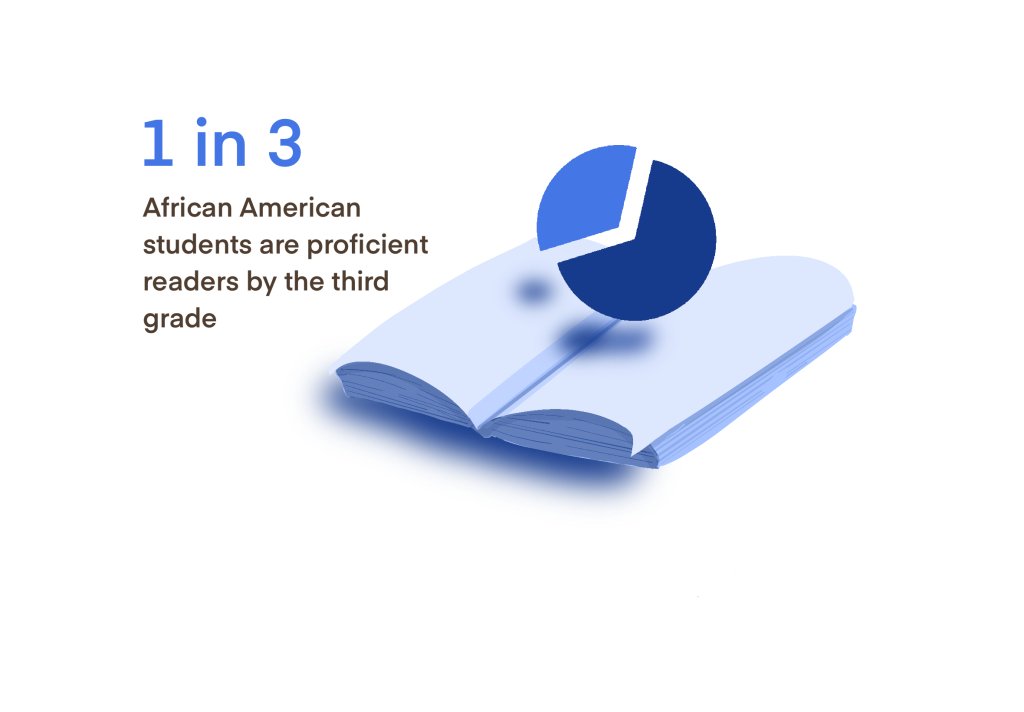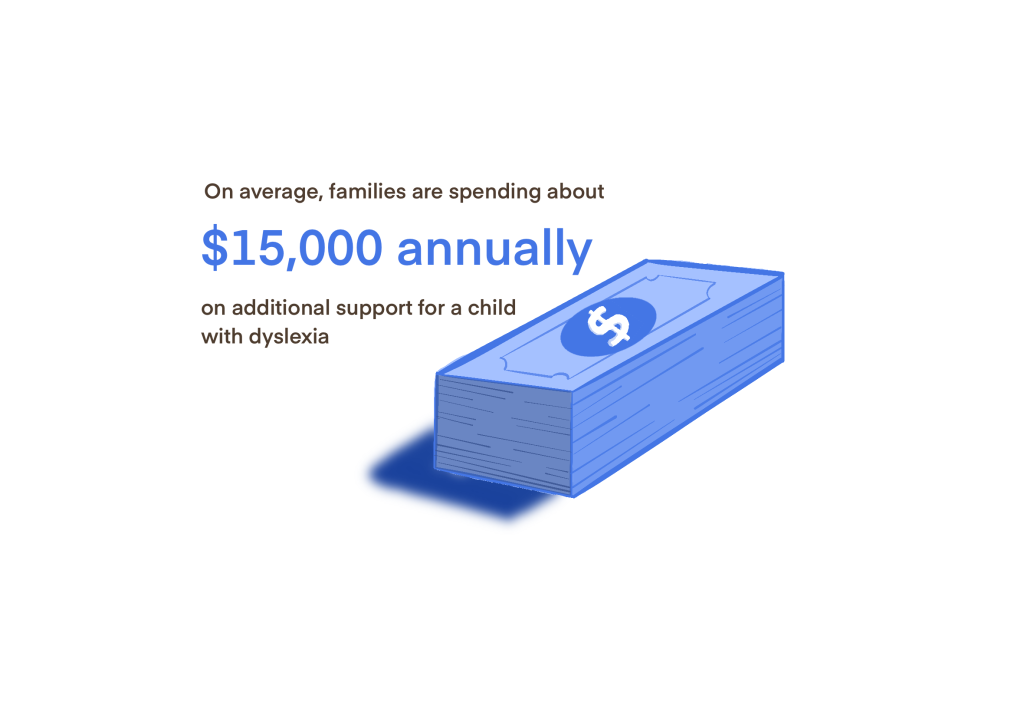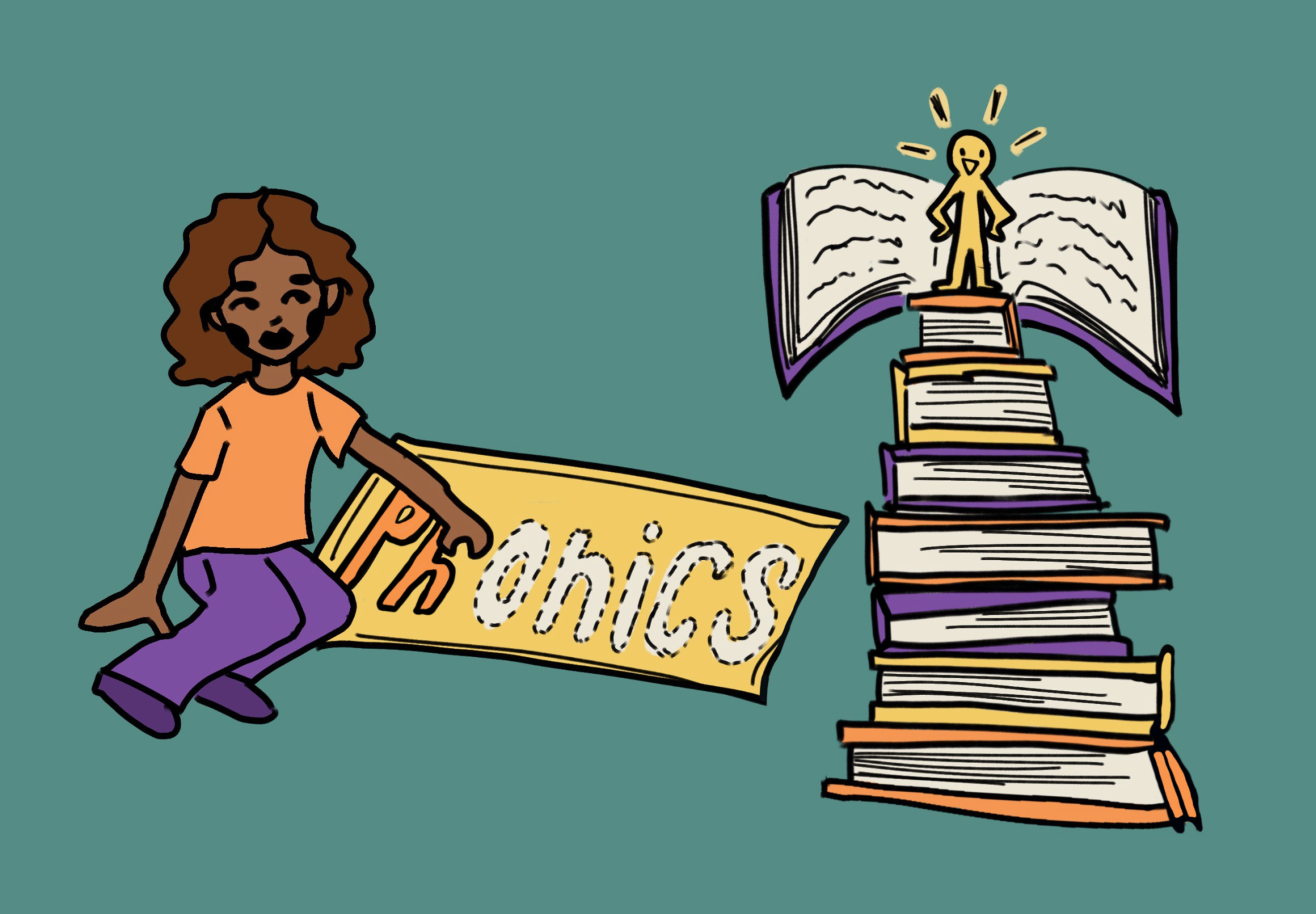In 2017, families of students with dyslexia, (a learning difference that makes it difficult to learn how to read and spell) sued Berkeley Unified School District. The federal class action lawsuit was filed stating that BUSD failed to provide legally required accommodations to students struggling with reading. The lawsuit was settled in 2021 and mandated that BUSD adopt better interventions for struggling readers, universal screening tests for learning differences, and re-examine the literacy curriculum.
Currently, BUSD uses the Lucy Calkins based method to teach students how to read. According to Katy Reese, a literacy specialist and Oakland teacher, in regards to the Lucy Calkins curriculum, "Early readers (pre-kindergarten through first grade) are given texts called leveled readers which are often called pattern based texts (I see the dog, I see the cat ect.). There is also (a) picture associated with each sentence," said Reese. "This teaches students to memorize a pattern and ... to look to the picture for cues." However, this curriculum was un-accredited this year by some institutions, such as the Teachers College at Columbia University, which no longer stands behind their product.
Ali Forbush, a sophomore at Berkeley High School, recounted her experience with dyslexia, "In second grade, we had reading levels. Many people were moving up and bragging about it, while I was pretending to read and making up the story from the covers and images. That got me by in kindergarten and first grade, and I didn’t understand how people were reading the words and understanding them.”
Students struggling to properly learn how to read doesn’t just affect students with learning differences. Class and race also play a large role. In 2022, “30 percent of African American students compared to 83 percent of white students (were) reading at grade level,” a report by the California Assessment of Student Performance and Progress said. Also in 2022, “Only 67 percent of BUSD Students (were) reading at grade level,” the same report said.


Reichi Lee, a parent of a student now in fifth grade, said, “My son doesn’t have a diagnosable learning difference but was far behind in reading by second grade. He needed the repetition and structure of phonics to learn how to read; instead, he was only looking at the pictures in the book.”
Tse-Sung Wu, a parent of a current sixth grader, said, “We were able to pay a small fortune (about seventeen thousand dollars) to have his tutoring … If you don’t have the means to do this catch-up, then you’re really screwed.”
Combined, both Wu and Lee said they spent about forty thousand dollars on tutoring and testing for their children.
“I do think it’s important for folks to admit that there is no one curriculum that’s a magic bullet,” said Superintendent Enikia Ford Morthel. According to Morthel, BUSD has taken steps to address the terms of the settlement and help struggling students.
Last year, BUSD worked in partnership with outside consultant, Dr. Keith Gibbons, from the University of Minnesota, to review the Lucy Calkins curriculum. The curriculum has been banned in several states, including Mississippi. BUSD found major gaps and have begun to address these through Professional development programs by CORE. However, BUSD hasn’t responded to citizens asking for a switch to a new research-based curriculum.
Reese also commented on the lack of discussion in the district, “Lucy Calkins is the elephant in the room … BUSD has made no public statement about plans for evaluating and piloting possible new programs,” said Reese.





